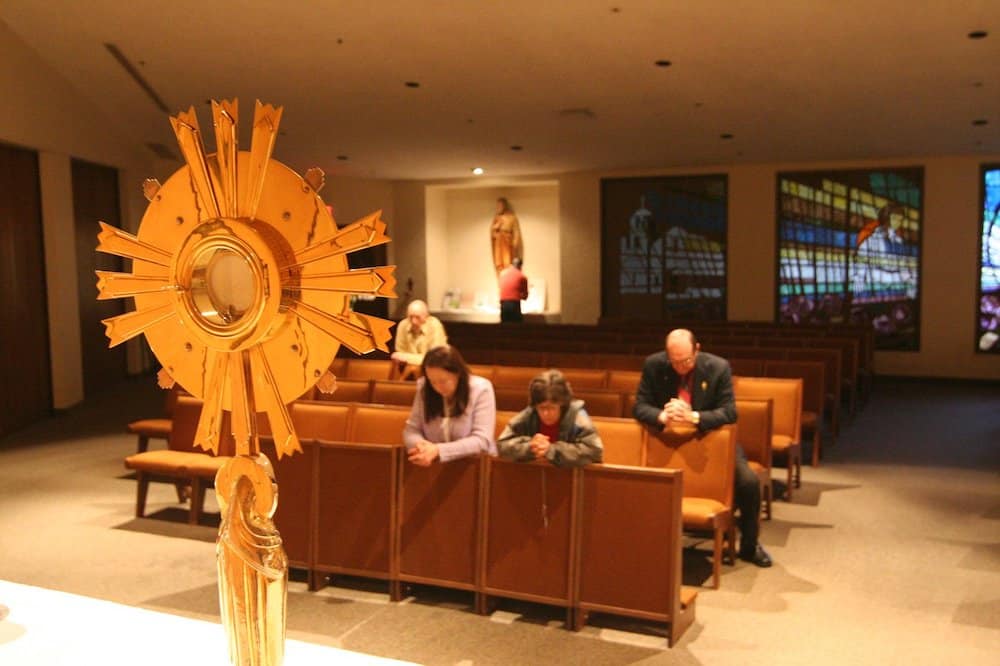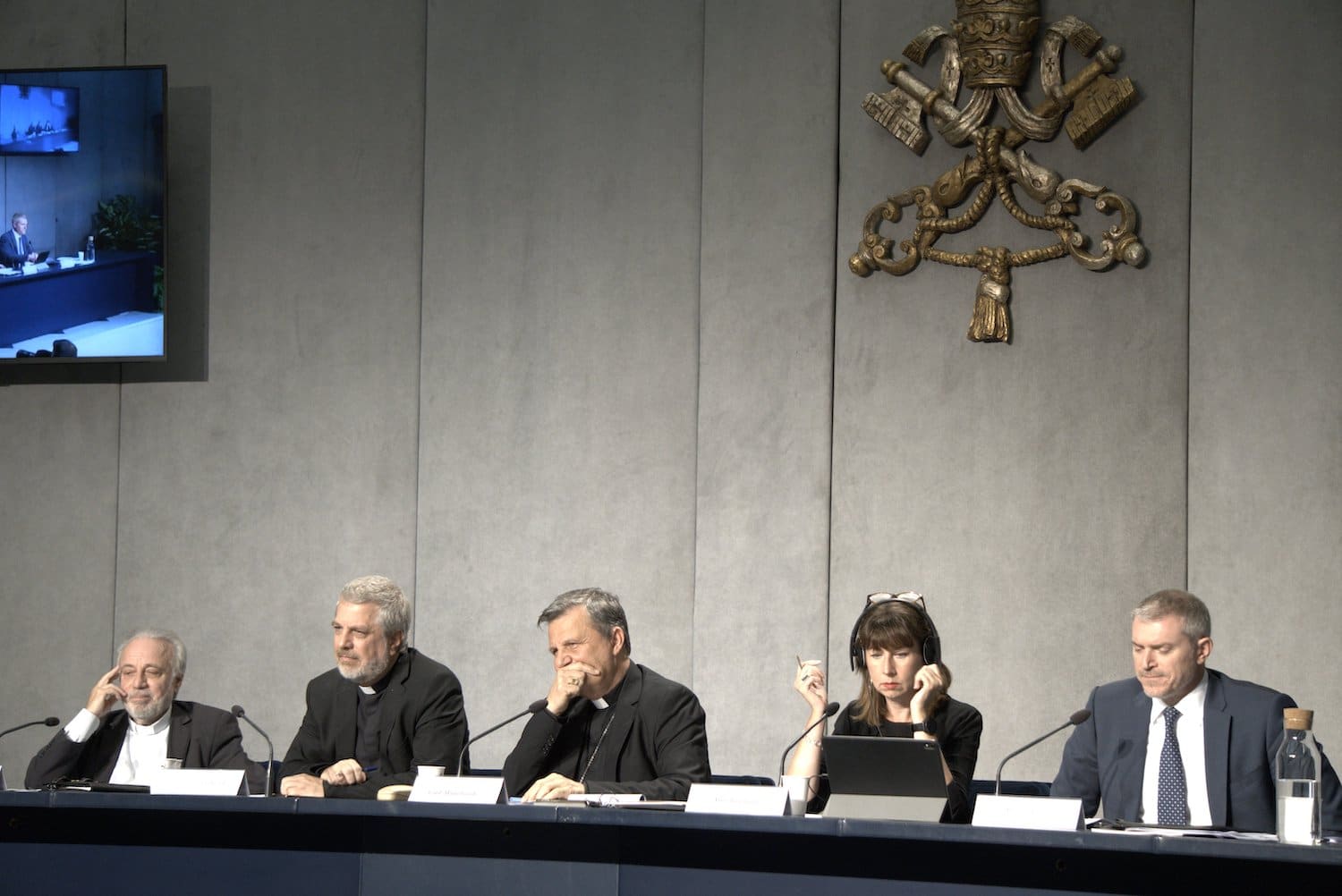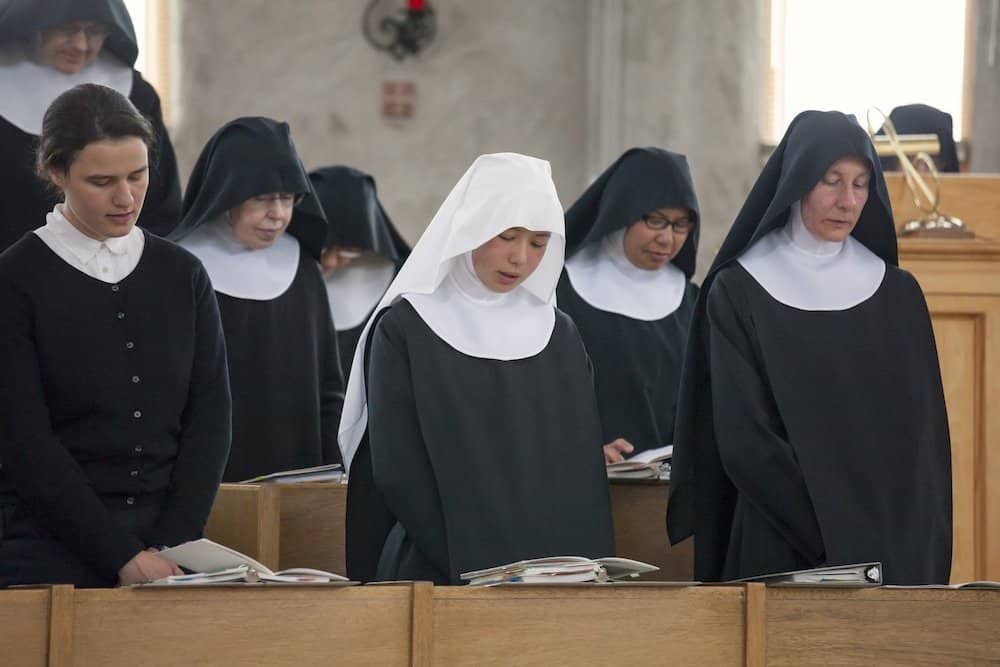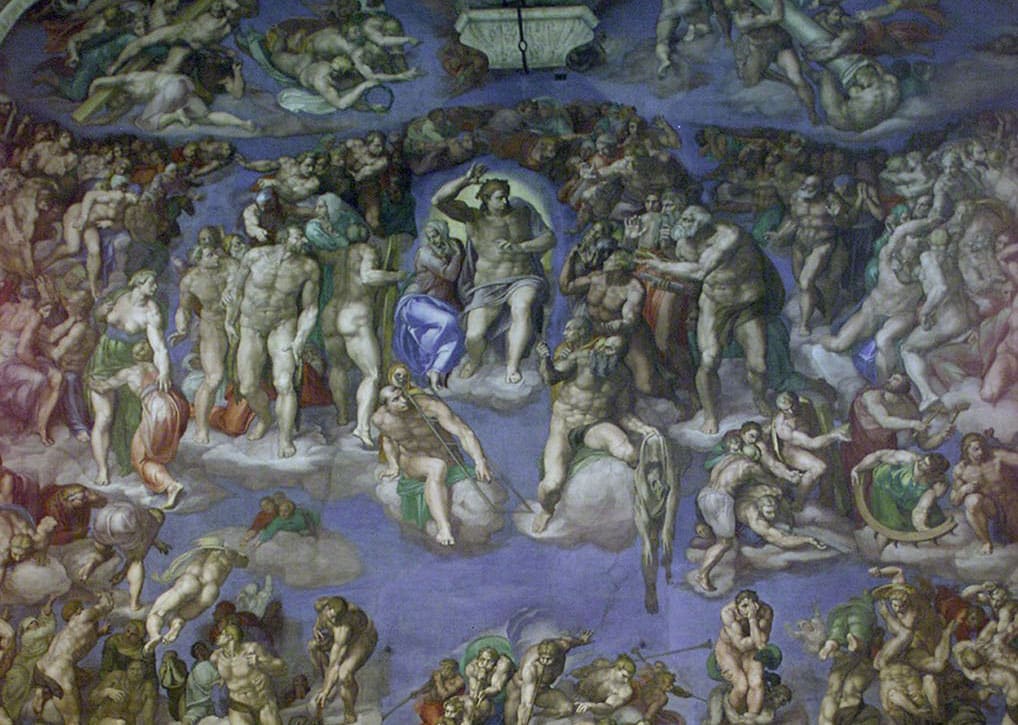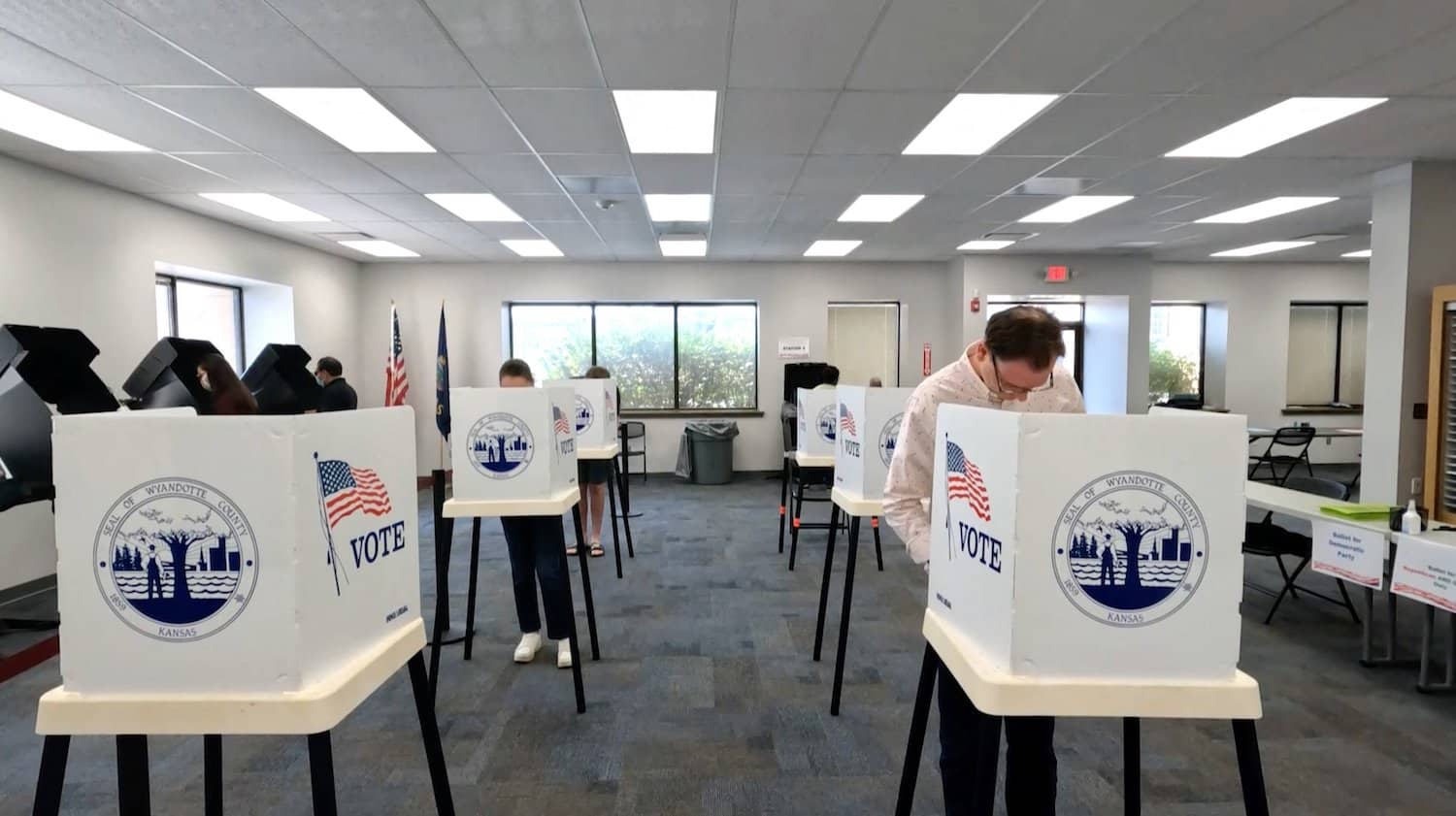The National Eucharistic Revival is entering its second year on June 11, Corpus Christi Sunday. Have you participated at all? Have you been waiting for the right moment? Now is your time. The second year of the revival is focused on parishes, and there should be ample opportunity to get involved, to draw closer to Jesus in the Eucharist, and to encourage others to do the same.
But first, what is driving our need for a Eucharistic revival? Many reasons stem from philosophical concepts that operate unseen within our culture and society. Beginning in the Enlightenment, philosophers began to separate the tenets of faith — that is, the dogmatic principles that are to be believed — from how adherents ought to live. However, religion is not merely a code for moral living. Christianity means believing real claims: Jesus died and rose from the dead, the world was created by God from nothing, the Virgin Mary was born without original sin, etc. The Gospel is in fact about a lot more than just loving your neighbor.
The effects of Enlightenment thinking are all around us. We hear reductive versions of religion echoed in those who say, “I’m spiritual but not religious.” Others say, “Religion just helps me to be a good person.” But being a Catholic means so much more than trying to get along with those around you.
Not only do we Catholics have a core of theological beliefs at the heart of who we are, those beliefs are expressed and lived in the liturgy. In fact, Catholicism is inseparable from the liturgy.
The reason for revival
At the Last Supper, Jesus taught his disciples to offer bread and wine in his memory. Taking the bread, he told us, “This is my body, which will be given for you; do this in memory of me” (Lk 22:19). Offering the chalice, he said, “This cup is the new covenant in my blood, which will be shed for you” (Lk 22:20). Following this sacred instruction from the Lord himself, we have for millennia commemorated Jesus’ death and resurrection by offering bread and wine, which, as he teaches, become for us his sacred body and precious blood.
The ritual action of offering bread and wine is ceremonialized by our ancient hymns, by clouds of incense symbolizing our prayers rising to heaven, by the light of flickering candles. Even the hands of those who make the offering are consecrated, since priests are anointed to carry out this sacred task at their ordination. Much of this ritual has its ancient roots in the practices of Judaism, which we believe now find their fulfillment in the New Law given by Christ.
Ways to engage
The National Eucharistic Revival is an invitation to plumb the depths of this meaning. We are being asked to recognize in a new light that our worship is more than a moral command. The Sunday obligation to attend Mass is a consequence of all of the rest of what we believe, not the leading principle. The Eucharist is a key part of our understanding of God and how he relates to us, not an auxiliary or insignificant aspect of our faith.
The solemnity of Corpus Christi is filled with special significance this year, because this is the year that the revival will begin to take root in the lives of everyday Catholics. As we enter the second year of the revival, we move from the first year of planning and strategy at the diocesan level to a year when the revival will begin to take hold of our parishes. The focus this past year on the diocesan level will begin to bear fruit in the lives of everyday Catholics as revival events begin to spread in our parishes and other faith communities.
Starting on Corpus Christi Sunday, this is the year when every Catholic can pitch in. Each of us can contribute something to this project of spreading a deeper love for the Eucharist in our local communities. In fact, that’s the very hope and founding premise of the revival. By simply calling for it, our bishops have expressed a confidence that the Holy Spirit will arouse the hearts of the faithful and inspire myriad ways to express devotion to the Eucharist.
So what can you do? First, commit yourself to prayer before the Blessed Sacrament. Praying at your parish church is different from praying at home. At church, Christ’s special presence in the Blessed Sacrament, which we call the Real Presence, enlivens our prayer in a particular and extraordinary way. Every Catholic can commit to a period of weekly prayer, either during a time of Eucharistic adoration when the Blessed Sacrament is exposed on the altar in a monstrance, or before a tabernacle. And that time in prayer should be spent praying for the revival, especially that Catholics who have fallen away would rediscover a love for Jesus in the Eucharist.
Second, every Catholic can study. This doesn’t have to mean taking a formal course in theology, but every Catholic should commit to learning more about the Eucharist. Dive in to programs like Real + True, which explains the Catechism’s teaching on the Eucharist, or My Daily Visitor: Eucharist, which offers 40 meditations about the Eucharist based on the teaching of the saints. Pick up a book on the Eucharist and feed your mind so as to better understand the Church’s teaching.
Finally, Catholics should be ready to volunteer. If your parish priest is looking for help on revival efforts, jump in! Allow that call to service to be an expression of your love for the Eucharist.
The success of the Eucharistic Revival hinges on whether or not we allow the revival to begin in our own hearts and homes. Kindling a great love for the Eucharist is something each believer must do for his or her own faith. But those individual flames of love for the Eucharist, when combined, will be a light for our nation!

